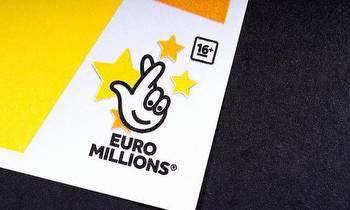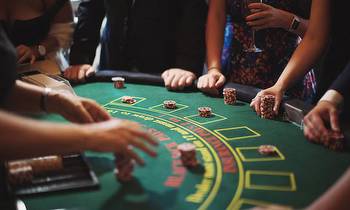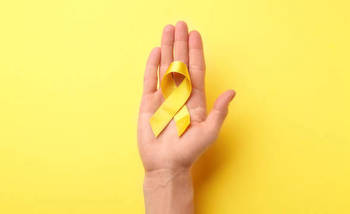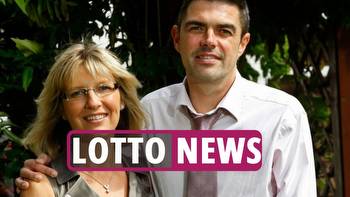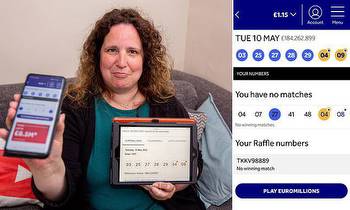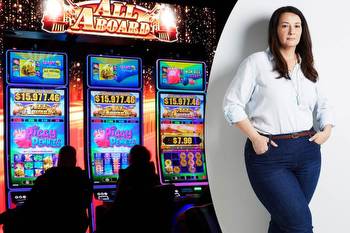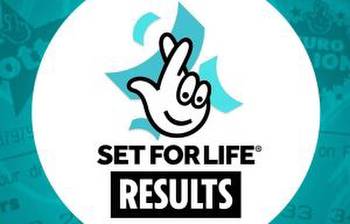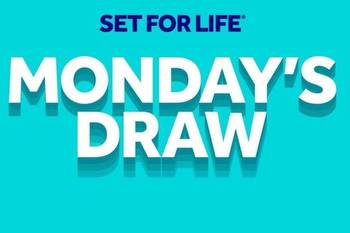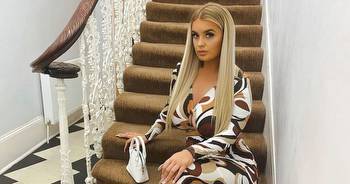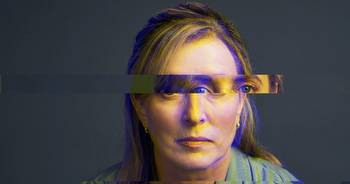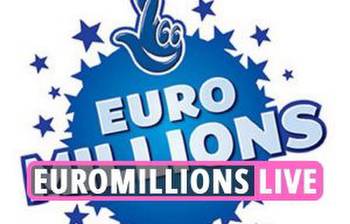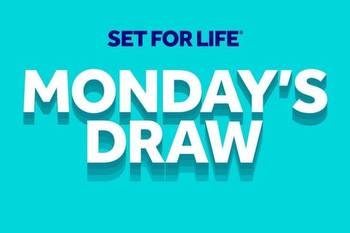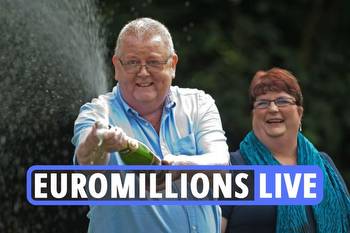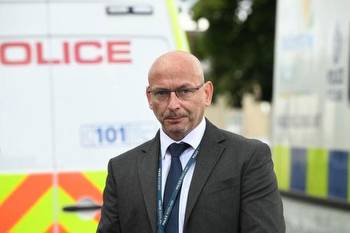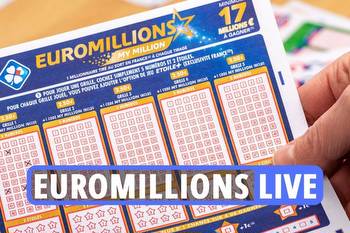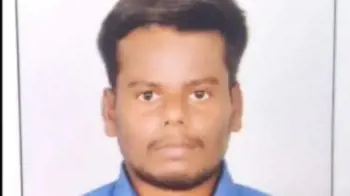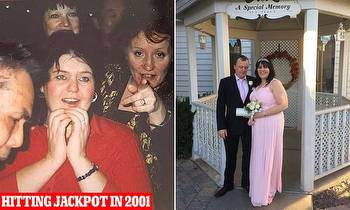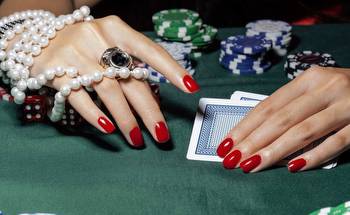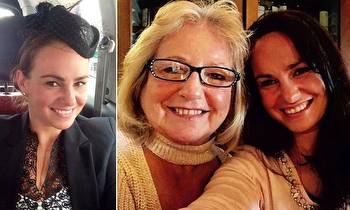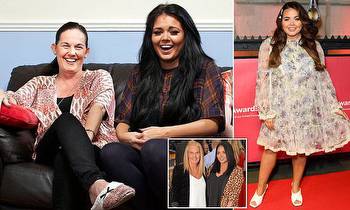Mum sold house for £440,000 without telling partner and blew all the money gambling

A former problem gambler has revealed how she sold her family home behind her partner's back - then blew all the money.
Michelle Singlehurst, 53, lied about the £440,000 house sale going through - then gambled the money away.
The mum spoke to the BBC about how her life became a dark web of lies in order to shine a spotlight on the reality of a gambling addiction.
Michelle said she began by playing the National Lottery online before moving on to scratch cards.
She said she had always played video games including Nintendo when she was younger as a way to soothe herself.
So online betting games appealed to her, and she soon found herself hooked.
Before long, the mum-of-one was gambling in every spare moment around her work as a financial adviser, earning up to £25,000 a year.
She was juggling her job with looking after her elderly mother and the couple's nine-year-old daughter.
Michelle says she was under a lot of stress at the time - claiming she discovered her mum was being neglected in her care home and had to rush her to hospital.
Life became so busy that much of the gambling would take place at night - when she would regularly stay up until as late as 3am, Michelle said.
She explained: "I would say it almost became like a sleeping pill.
"In the morning I would wake up and I wouldn't have the foggiest idea whether I had still got money in my account or it had all gone. It was quite horrible because you have to log back in to see."
But undeterred by any losses, she could not help but carry on having a flutter on her favoured vice - bingo games.
Michelle told how she opened accounts with nine different companies, enticed by the perks they offered for joining up like vouchers for shopping and gambling.
Pop-ups on the websites with discounts and vouchers constantly offered incentives to spend more.
When Michelle ran out of money, she took out a loan without telling her partner, Chris, a lorry driver.
She also borrowed tens of thousands of pounds from friends by telling them she needed help with tax bills.
Then the couple decided to sell the family home in Ash Vale, Surrey.
They moved to a rented home with space for her mum, and put the property on the market.
Her partner entrusted the family's accounts and house sale to Michelle - telling the BBC he wasn't 'financially minded.'
In 2016, the house sold for £440,000, and Michelle decided to say nothing to Chris about it.
Michelle said she found a buyer very quickly, then said nothing to her trusting partner of 30 years.
Her mother died during that time, and Michelle described her state of mind as like a 'fog.'
She said she could not remember her thought processes at the time, but did recall feeling panicked and ashamed of her lies and falling in a deep hole of obsession with online gaming.
Chris only found out the family home had had been sold when a friend told him she had spotted new people living in it.
He recalled: "I started shouting. I felt betrayed and then really livid," says Chris.
He said he was not clued up on computers and online gambling, and was blown away by the mess Michelle had gotten herself into.
Chris left, taking their daughter with him.
Michelle said she fell apart after the split, and began drinking heavily.
Distraught, she attempted to take her own life then landed in hospital with booze-related health problems, she said.
She admits she even continued to gamble from her hospital bed.
It was not until she was told she had a three-in-one chance of survival and the prospect of homeless dangling over her heard that Michelle finally had her wakeup-call.
After Chris visited her hospital bedside and brought their daughter to visit her, she felt her numbness begin to subside.
Michelle said she began focused on recovering so she could get her life and loved ones back.
When she got out of hospital Chris moved back home, telling the BBC he could not give up on their three decades building a life together for the sake of a house.
Despite repairing their family, the couple face a dire financial outlook.
Michelle is unable to work as a financial advisor, and Chris will not be able to get another mortgage.
The couple said they would be renting for the rest of their lives due to what had happened.
Michelle shared her story as the government reviews gambling laws.
New rules will see casino game operators forced to display a player's total losses and wins during any online slots session, so they can keep track of their spending.
The slots must spin at least 2.5 seconds, and 'win' sounds and images are banned, in a bid to reduce the stimulating effects that reward addicts' brains.
The Gambling Commission has also banned reverse withdrawals, which allowed players to gamble funds in online games they had previously opted to save.
However advocates, including gambling watchdogs and the Labour Party, are calling for stronger controls.
Some MPs last year included all online betting advertising to be banned - concerned how the style of the daytime ads appeared to target women at home during the pandemic.
It comes after a ban on TV and radio - but not online - ads for gambling in England's first lockdown was lifted.
Michelle worked out that she had spent nearly half-a-million pounds during her gambling years.
She said one of the companies she had signed up to had offered to give her a 'self-exclusion' out - a measure designed to help problem gamblers bar themselves from betting online.
But she said such measures had not been strong enough to keep her from continuing to bet - saying the psychological hold of online gaming and advertising on an addicted brain was just too strong.









